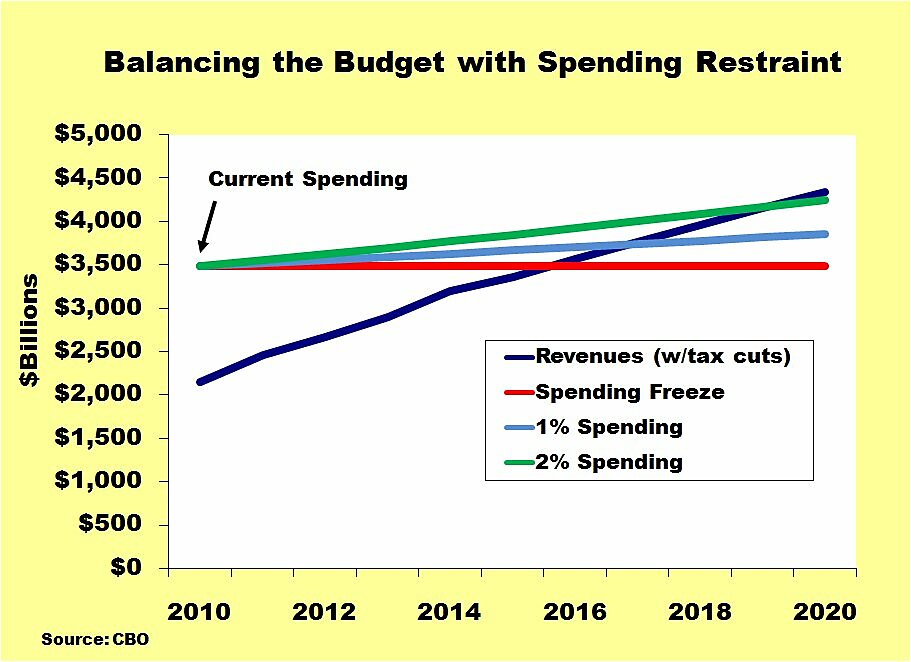In public opinion research, “salience” is the word often used to describe what is at the forefront of people’s minds. Salience influences people’s responses to polls: If they’ve just thought about something, their responses will reflect what they’ve just thought about.
It makes sense, and it’s one of the theses of Jonathan Zaller’s public opinion reference book The Nature and Origins of Mass Opinion. Most people don’t hold fixed views on most matters of public debate. They merely improvise, when asked, based in part on what issues are salient for them.
A Washington Post-ABC News poll out today finds that most people support the body scanning machines the Transportation Security Administration is installing in airports. The new “enhanced” pat-downs don’t fare so well.
How do strip-search machines get the level of approval they do? The poll itself pushes terrorism to the forefront before inquiring about TSA security measures. The first question goes to frequency of travel. The second two are:
2. Are you personally worried about traveling by commercial airplane because of the risk of terrorism, or do you think the risk is not that great? (IF WORRIED) Would you say you are very worried or only somewhat?
3. What do you think is more important right now — (for the federal government to investigate possible terrorist threats, even if that intrudes on personal privacy); or (for the federal government not to intrude on personal privacy, even if that limits its ability to investigate possible terrorist threats)?
Before being asked about strip-search machines, poll-takers hear cognates of “terror” three times, “privacy” once.
Thinking about the taste of a dirty worm squishing around in your mouth when you bite into an apple, do you think pesticide use should be increased or decreased?
Radley Balko’s thesis that the media are more statist than liberal finds validation in a sampling of opinion pages, finds Matt Welch. You just might find it by sampling poll designs as well.

